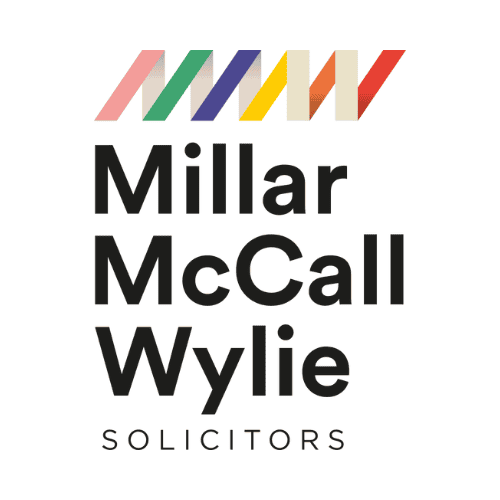- News And Analysis
- Legal
- The Conveyancing Process Explained
The Conveyancing Process ExplainedPublished 20 May 2025

Commentary By
Millar McCall WylieSolicitors
Buying a home is an exciting step but it also involves a legal process called conveyancing, which ensures that the property legally changes hands. In Northern Ireland, this work is carried out by a solicitor and typically takes around 6 to 10 weeks from start to finish.
Here’s a step by step look at how the process works:
1. Instruction
Ideally, you should appoint a solicitor as early as possible even before your offer is accepted. This allows important steps like ID checks, proof and source of funds and initial paperwork to be completed in advance, helping to prevent unnecessary delays. This is known as “front-loading” the transaction and is encouraged by professional regulatory bodies.
Once your offer is accepted, your solicitor will formally begin the legal process. They will request documentation from you, verify your identity, and carry out anti-money laundering checks as required by law.
2. Contract Pack
The seller’s solicitor will prepare and send over the contract pack, which includes key documents such as:
- Title deeds
- Planning permissions
- Guarantees
- Property certificates
Your solicitor will review this pack to ensure everything is legally in order.
3. Searches & Enquiries
Your solicitor will carry out legal property searches and raise enquiries where needed. These checks help uncover any issues that could affect your ability to proceed or use the property as intended.
4. Mortgage Offer
If you're buying with a mortgage, your solicitor will receive a formal offer from your lender. They'll check the terms, advise you on the content and arrange for you to sign the legal documents associated with your loan.
5. Review & Sign Contracts
Once all enquiries are resolved and you're satisfied with the mortgage, survey and legal position, your solicitor will invite you to sign the contract and prepare for the next stage.
6. Agree Completion Date & Exchange Contracts
Both parties agree on a completion date which is the day the transaction finalises and you get your keys. Contracts are exchanged and your deposit is paid, making the agreement legally binding.
7. Completion Day
On completion day, your solicitor transfers the remaining funds to the seller’s solicitor. Once confirmed, the keys are released to you and the property officially becomes yours.
View previous article
What Searches Are Involved in Buying a Home?View next article
What Your Solicitor Does When You’re Moving House?Relevant Articles & Guides
Home Truths! The MMW Guide to Homebuying & Selling
When you’re thinking about buying or selling a property, the road ahead can feel complex and a bit overwhelming, but with the right support behind you, it doesn’t have to be! Millar McCall Wylie has
Read more
What Your Solicitor Does When You’re Moving House?
Your solicitor’s goal is to ensure your house sale or purchase is completed as efficiently and smoothly as possible. That means working to protect your interests at every stage of the process.
Read more
What Searches Are Involved in Buying a Home?
When buying a home in Northern Ireland, the solicitor will carry out a series of property searches. These are vital checks that reveal legal or planning issues that could affect the property's value o
Read more
